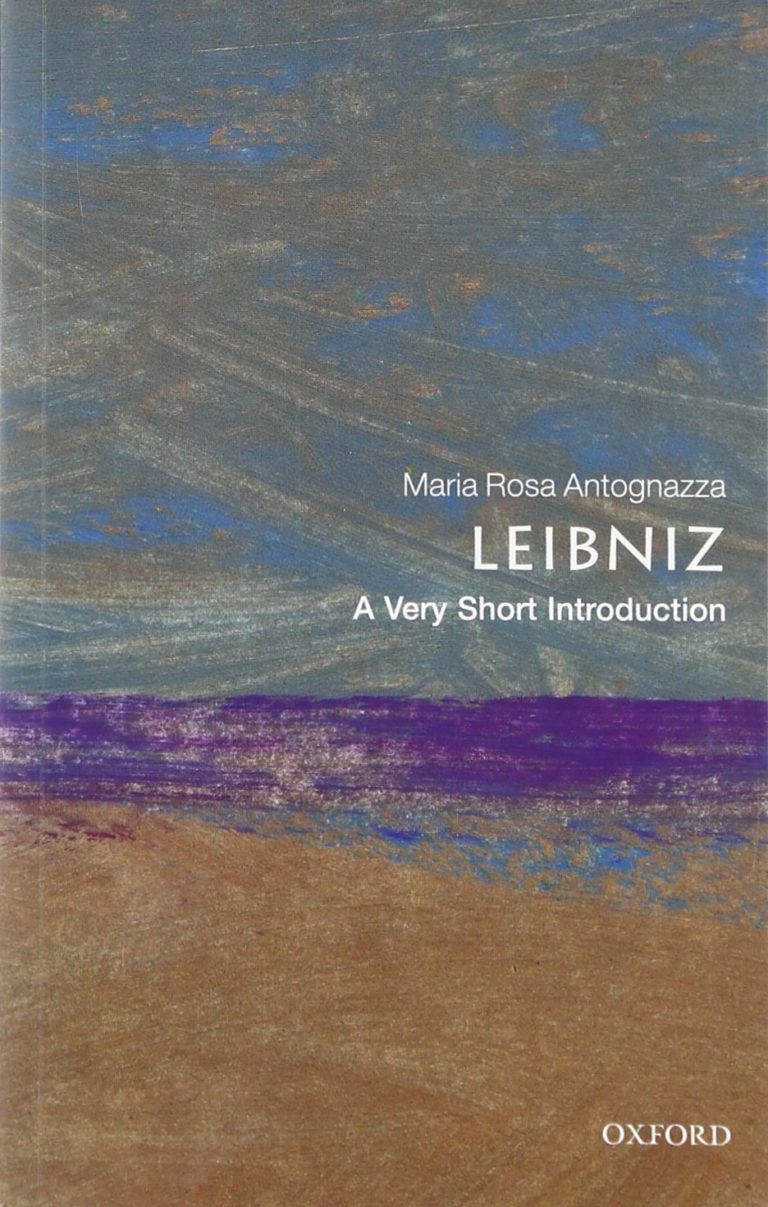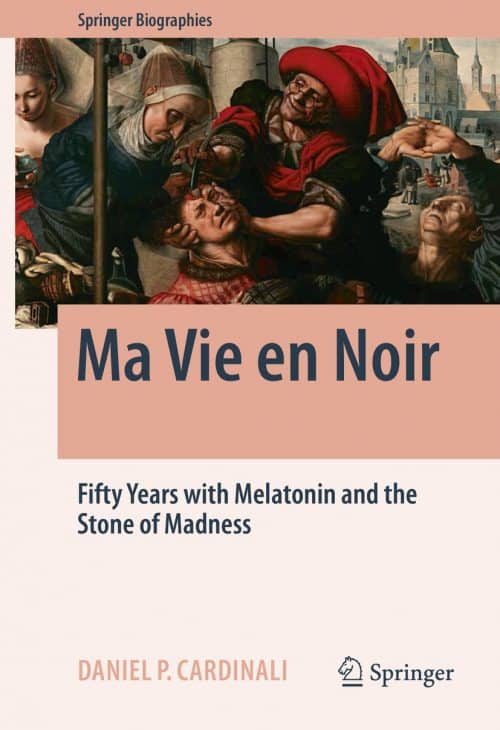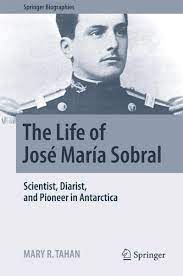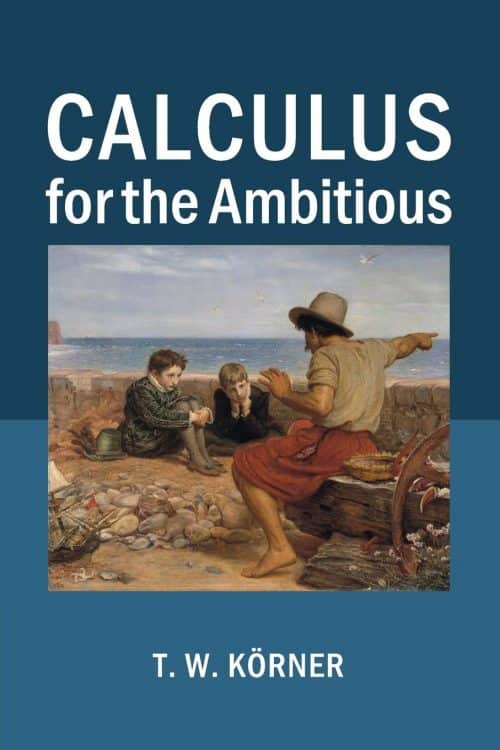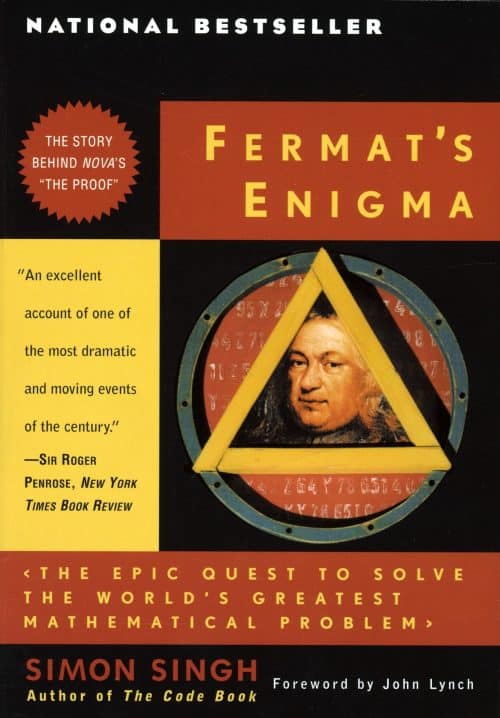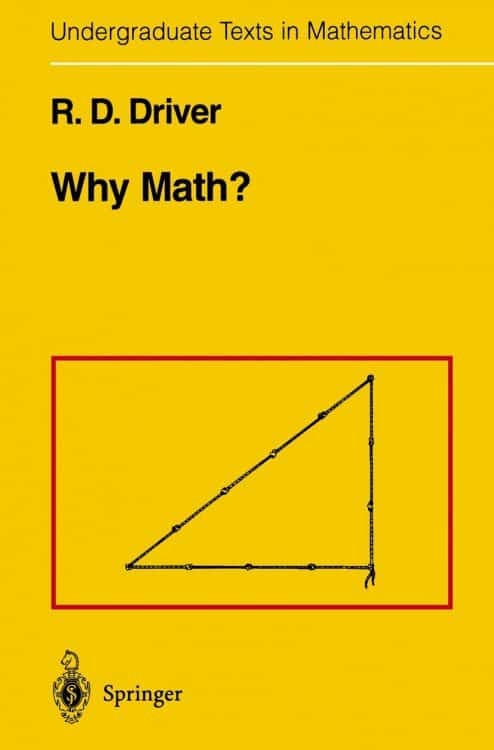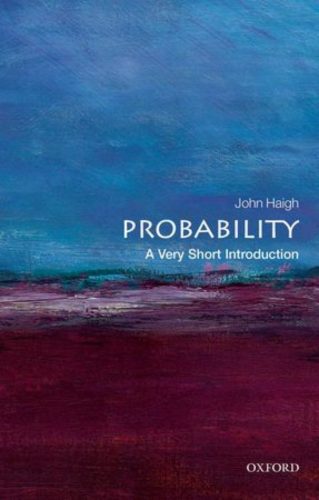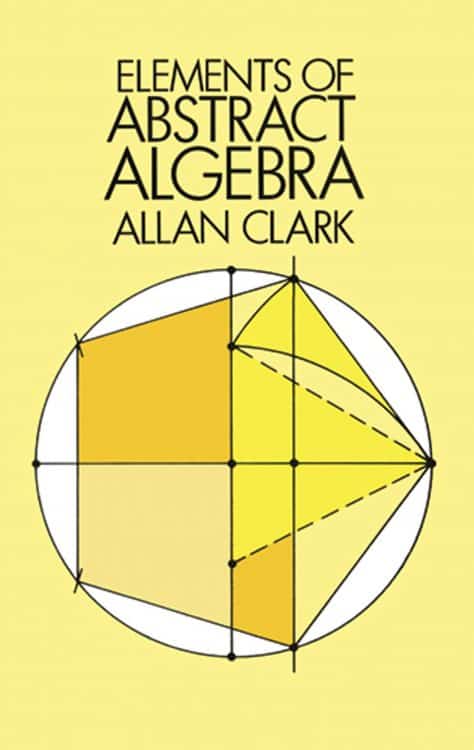In difficult times, Gottfried Wilhelm Leibniz (1646–1716) had an extremely rich and varied intellectual life. He was a man of amazing intellectual originality. Above all else, he was a man who sought to better a lot of his fellow humans by advancing all the sciences and establishing a stable and just political system.
The main ideas of Leibniz’s philosophy are discussed in this Very Short Introduction by Maria Rosa Antognazza within the framework of his overarching intellectual goals. She discusses the key ideas of Leibniz’s philosophy and his theory of truth and knowledge against the backdrop of his expansive scientific goals. She examines how Leibniz’s theories fit with his concerns with politics, diplomacy, and a wide range of practical reforms, including legal, economic, administrative, technological, medical, and ecclesiastical. She also examines his contributions to logic, mathematics, physics, and metaphysics. She wraps up her discussion of Leibniz’s theories of alternative worlds by examining what is ultimately true about the good and evil that exist in this world that we experience, as well as Leibniz’s solution to the issue of evil through his theodicy.

